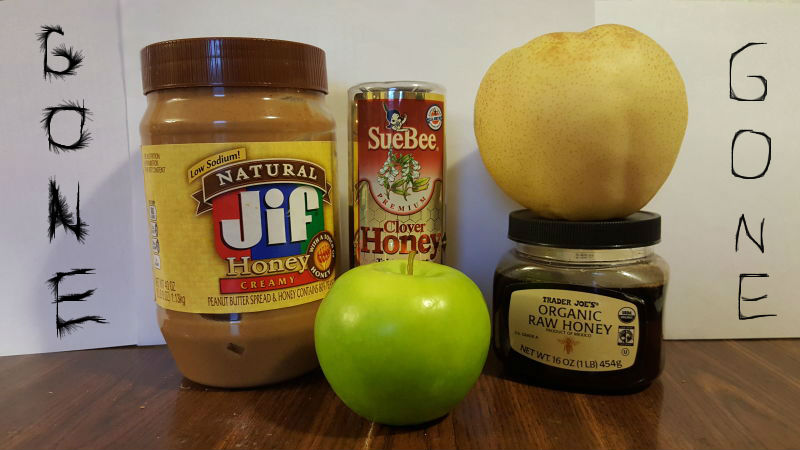Honeybees on the verge of extinction
November 21, 2016
Honeybees have been one of the main pollinators since the beginning of time, and they play a vital role in our ecosystem. In fact, without them, the human species wouldn’t be able to last more than five years because the extinction of honeybees not only threatens our staple crops, but it also threatens the beef and dairy industries since there would be no feed for cattle.
Ultimately, the extinction of bees could affect our food industries to such an extent where only water would remain. The reason honeybees have so much value is because they pollinate 80% of our global crops, or a third of what we consume. Without them, the other 20% of pollinators would not be able to meet the high demands that we have for food. They also are agents of cross-pollination, and certain plants solely rely on specific types of bees to reproduce. It is also worth mentioning that bee venom has medicine-based properties that can be used to treat many illnesses such as cancers, epilepsy, depression, and more.
Frighteningly, however, recent studies have shown that honeybees will be completely extinct in a year or two if their population continues to decline at the rate it is currently. Some factors contributing to the decimation of bees include harsh winters, pollution, rising water temperatures, loss of habitat, pesticides, the Varroa destructor, and countless other factors. The Varroa destructor specifically is the biggest cause of the shrinking bee population because it is a parasite that was able to resist the insecticide bee farmers gave to their bees. Scientists created another genetically modified insecticide which ended up backfiring by not only weakening a bee’s natural defense system, but by causing a bee not to eat which also damaged the bee’s health. All of these factors add up to something that has become known as the Colony Collapse Disorder.
The extinction of bees would be a massive loss, as mentioned above. It would be such a major loss that their extinction could wipe out all living things on the planet! One way homeowners can help this alarming issue is by not using pesticides, or at least not as heavily on dandelions and clovers. When these plants are destroyed and only grass is left, an environment full of competition and hostility among bees is created. Reducing the amount of pesticides you use can create more work, pollen, and ultimately food for bees. Also, raising continual awareness can be done by anyone, and it helps to emphasize the gravity of the situation the bees are facing and will get more people involved.
Many times we take this hard-worker bee for granted, but without their contribution to the ecosystem, we would be losing a lot more than just pretty-smelling flowers. Therefore, it is important to continually raise awareness and to do whatever one can to prevent this species from toppling over into extinction.

